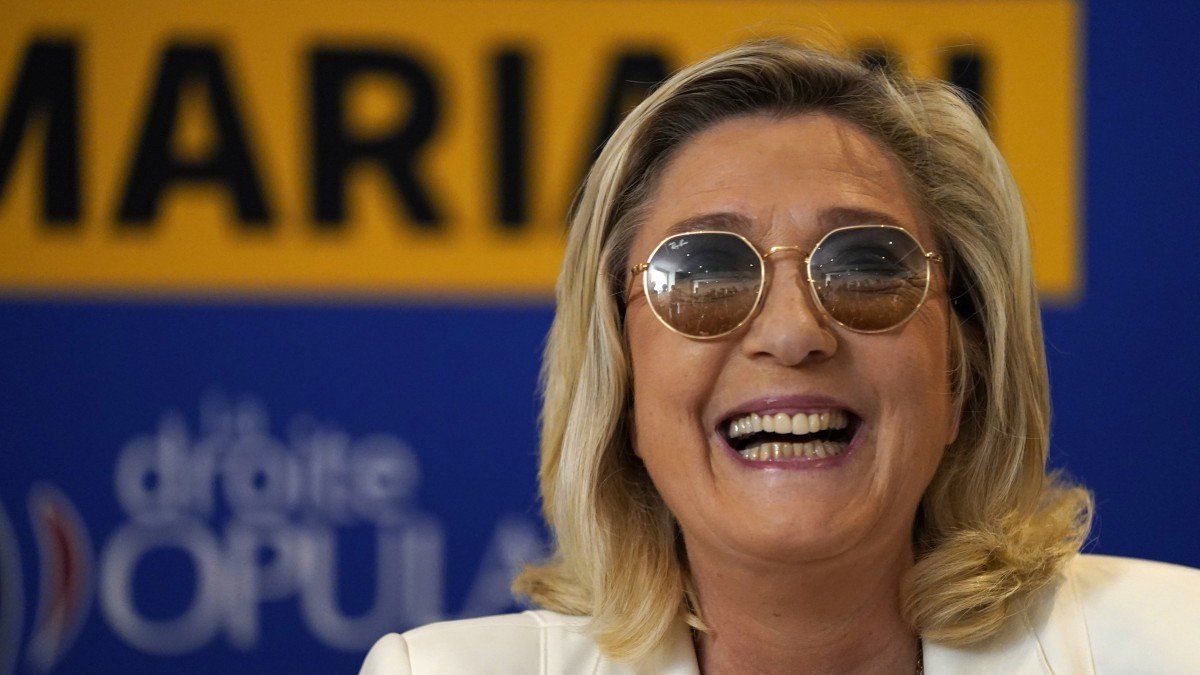“Today is a question of victory, of mobilization,” said Julien Odoul, spokesman for his party on RFI radio, for whom Le Pen made an “excellent campaign” focused on the concerns of the French.
The heiress of National Front (renamed the National Group) would go to the ballot on April 24 along with the current president, Emmanuel Macron. The liberal would prevail by only 5 points, according to a poll on Wednesday by Elabe.
Marine LePen has chosen “to normalize and soften his speech”explains to AFP Cécile Alduy, a professor at the American University of Standford and a specialist in the speech of extreme right.
However, “his program has hardly changed with respect to the fundamentals of the FN, such as immigration and national identity,” says Alduy, also a researcher at the Sciences Po (Cevipof) politics laboratory.
His plans include curbing migration and combating “Islamist ideology”: reserving social assistance for the French, putting an end to family reunification or banning the veil in public spaces, among other proposals.
“But has chosen a different vocabulary to justify it: in the name of secularism and republican values, and even feminismattacks Islam and wants to drastically limit non-European immigration,” he adds.
Instead, these issues took a backseat in an election campaign marked by the war in Ukraine and concern about a possible loss of purchasing power in France, which the far-right seeks to exploit.
“Between Macron and us, you have to choose between the power of money that benefits a few and the purchasing power that benefits everyone,” said Marine Le Pen, who proposes reducing VAT on fuel from 20% to 5.5%. .
“People have trivialized her, they have looked the other way, they say: ‘She is nicer,'” Macron noted shortly after during an electoral act in western France, assuring that he “combats the extreme right tandem”.
The elections in France “are almost always played in the center”, so the radical aspect must be “erased”, says the professor of Political Science at the Belgian University of Mons, Stéphane François.
Source: Ambito
David William is a talented author who has made a name for himself in the world of writing. He is a professional author who writes on a wide range of topics, from general interest to opinion news. David is currently working as a writer at 24 hours worlds where he brings his unique perspective and in-depth research to his articles, making them both informative and engaging.




